Washington, April 6 (V7N) – President Donald Trump's recent announcement of sweeping tariffs on all U.S. trading partners has been hailed by his populist base as a move towards "economic independence." However, the policy has sparked growing opposition from some Republicans, former Trump administration officials, and conservative activists, who are concerned about its potential impact on consumer prices.
Trump described the new tariffs, which include a 10% baseline tariff on goods from all countries, as a "declaration of economic independence." The move is part of his "America First" agenda, which has largely been supported by his political base. However, critics argue that these tariffs could lead to higher consumer costs and economic instability.
Ben Shapiro, founder of the Daily Wire, voiced concerns, stating, "Trade wars are not good, and not easy to win, particularly without a clear plan." This sentiment is echoed by some conservative figures, including former Vice President Mike Pence, who called the tariffs the "largest peacetime tax hike in U.S. history." Pence added that the tariffs could cost American families more than $3,500 per year.
Other prominent conservatives, such as economist Thomas Sowell and Senator Rand Paul, have also criticized the plan, warning of its potential negative economic consequences. The Cato Institute, a libertarian think tank, labeled the tariffs as a "massive tax on U.S. consumers," highlighting the lack of strategic trade planning.
In Congress, opposition to the tariffs is growing, especially on the Senate side. Senator Chuck Grassley (R-Iowa) introduced a bipartisan bill requiring the president to notify Congress within 48 hours of imposing new tariffs. Other Republicans, including Senators Mitch McConnell, Susan Collins, and Lisa Murkowski, have voted to end some of the tariffs on Canada. However, the House of Representatives has seen less opposition, with most GOP members supporting Trump’s plan as a way to prioritize U.S. interests.
Polls show that while a significant portion of Americans, including independents, are concerned about the tariffs' impact, many Republicans still back the move. A Reuters/Ipsos survey revealed that 47% of Republicans do not believe the tariffs will harm consumers, while 63% believe Trump’s economic policies are not "too erratic."
Despite growing opposition from some quarters, Trump’s supporters remain optimistic, with figures like Representative Marjorie Taylor Greene (R-Georgia) insisting that the president is “breaking the globalist order” and that “the best is yet to come.”
END/WD/SMA/NYC/




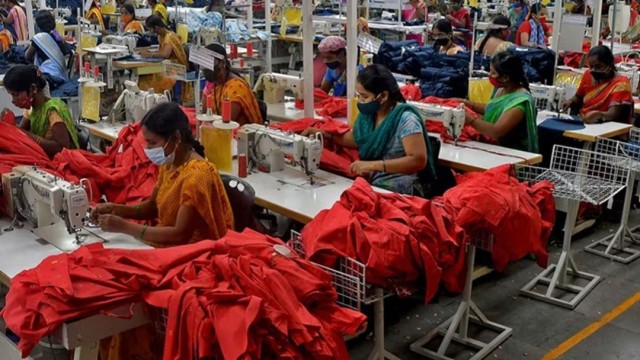





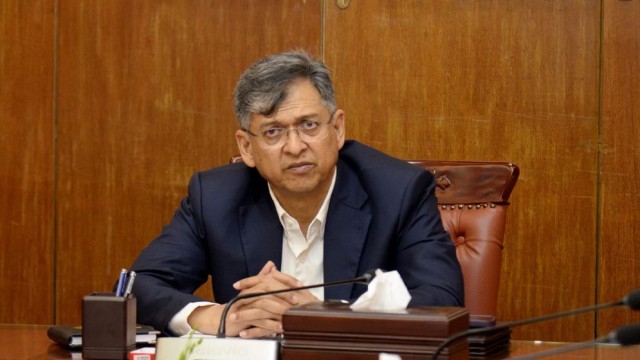


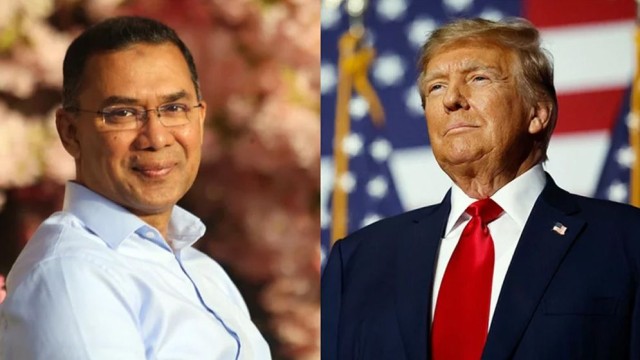




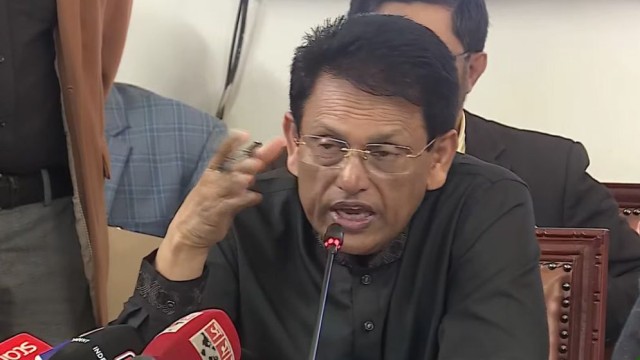
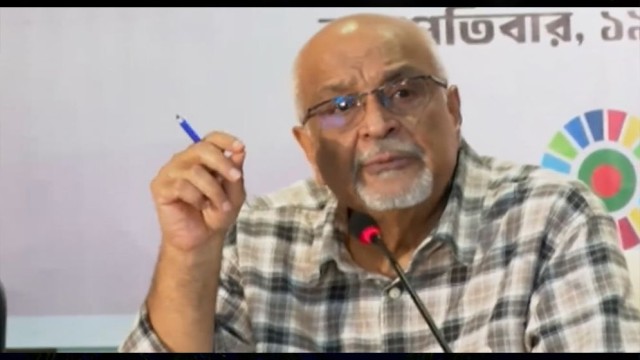











Comment: